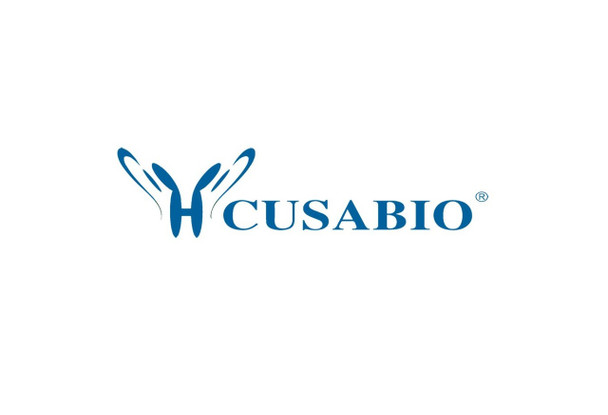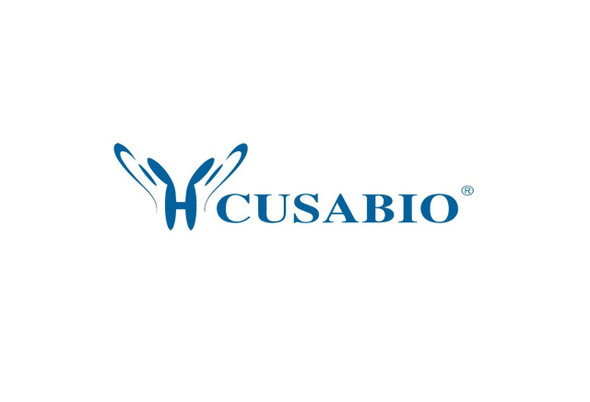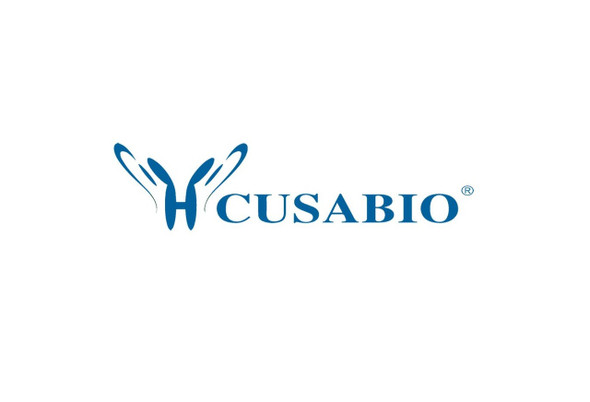Cusabio Mouse Recombinants
Recombinant Mouse Dual specificity mitogen-activated protein kinase kinase 4 (Map2k4) | CSB-EP013413MO
- SKU:
- CSB-EP013413MO
- Availability:
- 13 - 23 Working Days
Description
Recombinant Mouse Dual specificity mitogen-activated protein kinase kinase 4 (Map2k4) | CSB-EP013413MO | Cusabio
Alternative Name(s): C-JUN N-terminal kinase kinase 1 ;JNK kinase 1 ;JNKK 1JNK-activating kinase 1MAPK/ERK kinase 4 ;MEK 4SAPK/ERK kinase 1 ;SEK1
Gene Names: Map2k4
Research Areas: Others
Organism: Mus musculus (Mouse)
AA Sequence: AAPSPSGGGGSGGGGGTPGPIGPPASGHPAVSSMQGKRKALKLNFANPPVKSTARFTLNPNTTGVQNPHIERLRTHSIESSGKLKISPEQHWDFTAEDLKDLGEIGRGAYGSVNKMVHKPSGQIMAVKRIRSTVDEKEQKQLLMDLDVVMRSSDCPYIVQFYGALFREGDCWICMELMSTSFDKFYKYVYSVLDDVIPEEILGKITLATVKALNHLKENLKIIHRDIKPSNILLDRSGNIKLCDFGISGQLVDSIAKTRDAGCRPYMAPERIDPSASRQGYDVRSDVWSLGITLYELATGRFPYPKWNSVFDQLTQVVKGDPPQLSNSEEREFSPSFINFVNLCLTKDESKRPKYKELLKHPFILMYEERTVEVACYVCKILDQMPATPSSPMYVD
Source: E.coli
Tag Info: N-terminal 6xHis-SUMO-tagged
Expression Region: 2-397aa
Sequence Info: Full Length of Mature Protein
MW: 60 kDa
Purity: Greater than 90% as determined by SDS-PAGE.
Relevance: Dual specificity protein kinase which acts as an essential component of the MAP kinase signal transduction pathway. Essential component of the stress-activated protein kinase/c-Jun N-terminal kinase (SAP/JNK) signaling pathway. With MAP2K7/MKK7, is the one of the only known kinase to directly activate the stress-activated protein kinase/c-Jun N-terminal kinases MAPK8/JNK1, MAPK9/JNK2 and MAPK10/JNK3. MAP2K4/MKK4 and MAP2K7/MKK7 both activate the JNKs by phosphorylation, but they differ in their preference for the phosphorylation site in the Thr-Pro-Tyr motif. MAP2K4 shows preference for phosphorylation of the Tyr residue and MAP2K7/MKK7 for the Thr residue. The phosphorylation of the Thr residue by MAP2K7/MKK7 ses to be the prerequisite for JNK activation at least in response to proinflammatory cytokines, while other stimuli activate both MAP2K4/MKK4 and MAP2K7/MKK7 which synergistically phosphorylate JNKs. MAP2K4 is required for maintaining peripheral lymphoid homeostasis. The MKK/JNK signaling pathway is also involved in mitochondrial death signaling pathway, including the release cytochrome c, leading to apoptosis. Whereas MAP2K7/MKK7 exclusively activates JNKs, MAP2K4/MKK4 additionally activates the p38 MAPKs MAPK11, MAPK12, MAPK13 and MAPK14.
Reference: Cardiac-specific deletion of mkk4 reveals its role in pathological hypertrophic remodeling but not in physiological cardiac growth.Liu W., Zi M., Jin J., Prehar S., Oceandy D., Kimura T.E., Lei M., Neyses L., Weston A.H., Cartwright E.J., Wang X.Circ. Res. 104:905-914(2009)
Storage: The shelf life is related to many factors, storage state, buffer ingredients, storage temperature and the stability of the protein itself. Generally, the shelf life of liquid form is 6 months at -20?/-80?. The shelf life of lyophilized form is 12 months at -20?/-80?.
Notes: Repeated freezing and thawing is not recommended. Store working aliquots at 4? for up to one week.
Function: Dual specificity protein kinase which acts as an essential component of the MAP kinase signal transduction pathway. Essential component of the stress-activated protein kinase/c-Jun N-terminal kinase (SAP/JNK) signaling pathway. With MAP2K7/MKK7, is the one of the only known kinase to directly activate the stress-activated protein kinase/c-Jun N-terminal kinases MAPK8/JNK1, MAPK9/JNK2 and MAPK10/JNK3. MAP2K4/MKK4 and MAP2K7/MKK7 both activate the JNKs by phosphorylation, but they differ in their preference for the phosphorylation site in the Thr-Pro-Tyr motif. MAP2K4 shows preference for phosphorylation of the Tyr residue and MAP2K7/MKK7 for the Thr residue. The phosphorylation of the Thr residue by MAP2K7/MKK7 seems to be the prerequisite for JNK activation at least in response to proinflammatory cytokines, while other stimuli activate both MAP2K4/MKK4 and MAP2K7/MKK7 which synergistically phosphorylate JNKs. MAP2K4 is required for maintaining peripheral lymphoid homeostasis. The MKK/JNK signaling pathway is also involved in mitochondrial death signaling pathway, including the release cytochrome c, leading to apoptosis. Whereas MAP2K7/MKK7 exclusively activates JNKs, MAP2K4/MKK4 additionally activates the p38 MAPKs MAPK11, MAPK12, MAPK13 and MAPK14.
Involvement in disease:
Subcellular Location: Cytoplasm, Nucleus
Protein Families: Protein kinase superfamily, STE Ser/Thr protein kinase family, MAP kinase kinase subfamily
Tissue Specificity: Strong expression is detected in most of the central nervous system and in liver and thymus during early stages of development. While expression in nervous system increases over time, expression in fetal liver and thymus gradually decreases as embryogenesis proceeds. High level of expression in the central nervous system persists throughout postnatal development and remained at a stable level in adult brain.
Paythway:
Form: Liquid or Lyophilized powder
Buffer: If the delivery form is liquid, the default storage buffer is Tris/PBS-based buffer, 5%-50% glycerol. If the delivery form is lyophilized powder, the buffer before lyophilization is Tris/PBS-based buffer, 6% Trehalose, pH 8.0.
Reconstitution: We recommend that this vial be briefly centrifuged prior to opening to bring the contents to the bottom. Please reconstitute protein in deionized sterile water to a concentration of 0.1-1.0 mg/mL.We recommend to add 5-50% of glycerol (final concentration) and aliquot for long-term storage at -20?/-80?. Our default final concentration of glycerol is 50%. Customers could use it as reference.
Uniprot ID: P47809
HGNC Database Link: N/A
UniGene Database Link: UniGene
KEGG Database Link: KEGG
STRING Database Link: STRING
OMIM Database Link: N/A









